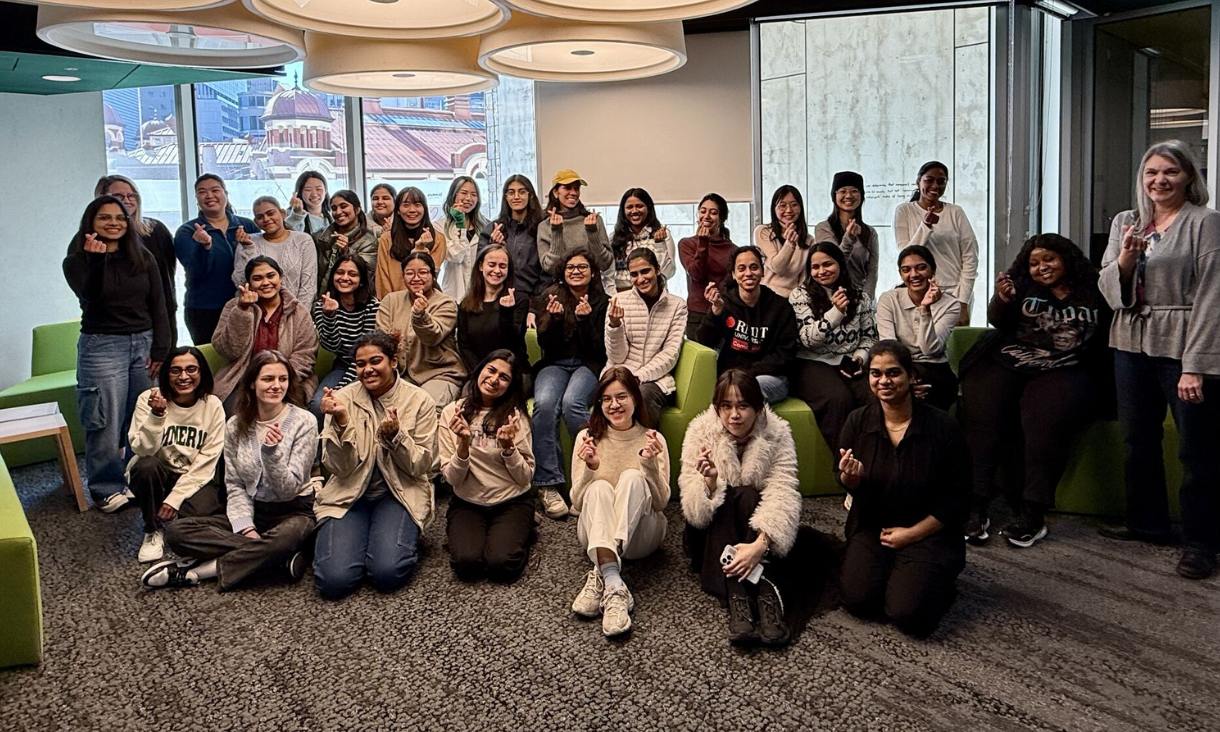Many RMIT students undertake part-time, casual, or temporary work to support themselves throughout their studies.
However, navigating workplace laws and regulations, and ensuring you are treated fairly can be difficult when you are just starting out at work.
Gig work and the gig economy
Gig work – such as rideshare driving or food delivery – can be beneficial for people who want to work flexibly around other commitments. You might be able to work when you want, where you want and how you want.
However, it’s important to be aware of the legal requirements of this sort of work.
“Most gig work platforms will require you to get an Australian Business Number, and you will be treated as an independent contractor, not an employee,” said Forsyth.
“You won’t have the same legal rights and protections as a regular employee who undertakes other types of work.”
Gig workers seeking more information about their rights at work should contact the Fair Work Ombudsman or the Young Workers Centre, located across the road from RMIT’s City Campus in Trades Hall.
Casual work
Casual work is common in places like supermarkets, hospitality and retail, where a large pool of employees work in shifts, often at multiple jobs, with irregular times usually organised according to employer need and employee availability.
“Casuals are paid a loading, which is between 20-25 per cent higher than the award,” explained Forsyth.
He advises checking out the Fair Work Ombudsman website to find out what the award for your industry is, so you can ensure you’re being paid the loading as well.
“It’s also important to ask yourself: am I really a casual?” said Forsyth.
“If you work a set roster, with regular hours, you might actually be a part-time worker, and eligible for leave and other entitlements you would not qualify for as a casual worker. Although a lot depends also on the contract you sign when you start a casual job, so it’s really important to be informed about your rights.”
If you suspect you are being underpaid or treated illegally, contact the Fair Work Ombudsman, a Trade Union, the Young Workers Centre, or the JobWatch Community Legal Service to find out more about your rights as a casual worker.
International Students
Unfortunately international students can be at greater risk of underpayment and exploitation as they may be less familiar with local workplace laws.
“Remember, if you’re an international student and you undertake work in Australia, you are entitled to the same pay and conditions as Australian citizens,” advises Forsyth.
International Students who want to find out more about their rights should contact the Migrant Workers Centre or go to the Fair Work Ombudsman’s website.







